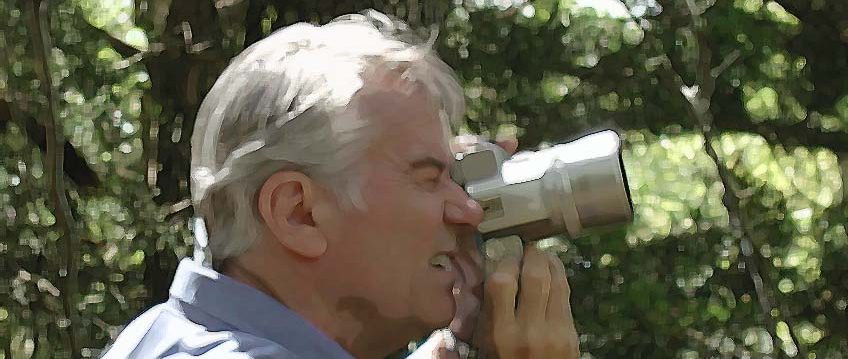Organizations struggle not only because leaders don’t know what choices to make, but also because they simply don’t make the choices that they know are the most productive and constructive.
This is an issue that lies at the heart of leadership. But it also affects our relationships with those outside the workplace. Time and again clients have expressed to us how a habit of examining personal choices in the office setting came to impact relationships with their family.
For example, in describing the buffet of choice, we sometimes note how frequently we all, in our interactions with others, reach out and, from an almost infinite number of responses, choose to fill our plate with get really pissed off.
After making this point in a seminar once, a participant stood up and joked that, between trying to get herself ready for work, get breakfast on the table and get her kids off to school, she picked that item from the buffet pretty much every single morning.
“The thing is,” she said when the laughter died down, “once I pick it, there’s pretty much a run on that option by everyone in the room.”
How many of us couldn’t relate to choosing a less-than-constructive response and then seeing it mirrored back to us by those we care most about?
Another time we were working with an association of newspaper publishers and noticed one CEO pacing an empty hallway for the entire lunch break. After more than an hour, he finally approached us.
“This theme of choice is shocking,” he said. “I’ve always known I had choice— choice over who to hire and fire, over what to publish or reject. But I’m beginning to understand that every day I am surrounded by choices I don’t even see.
“Every time I pass an employee in the hallway, I have choice. I can smile, nod, frown, look away, pull out my phone, stop to chat, or anything in between. That’s amazing.”
He pondered a moment, then added, “But you know what? The same thing is true when I’m with my eight-year old son.”
Warren Bennis, founding chairman of the Leadership Institute at the University of Southern California, once wrote that learning to be a leader is virtually the same process as becoming an integrated and healthy person.
Our consulting work often focuses on the idea that interacting with others in humane and productive ways helps one become a better leader. But it’s also true that becoming a better leader both demands and facilitates personal growth that can provide benefits far beyond the bounds of the workplace.
Put another way, an integrated and healthy person is not only a better leader he or she is a better spouse, parent, friend and neighbor. And in this light, leadership development becomes more than just a workplace imperative or career-development strategy. It becomes a way of life.
